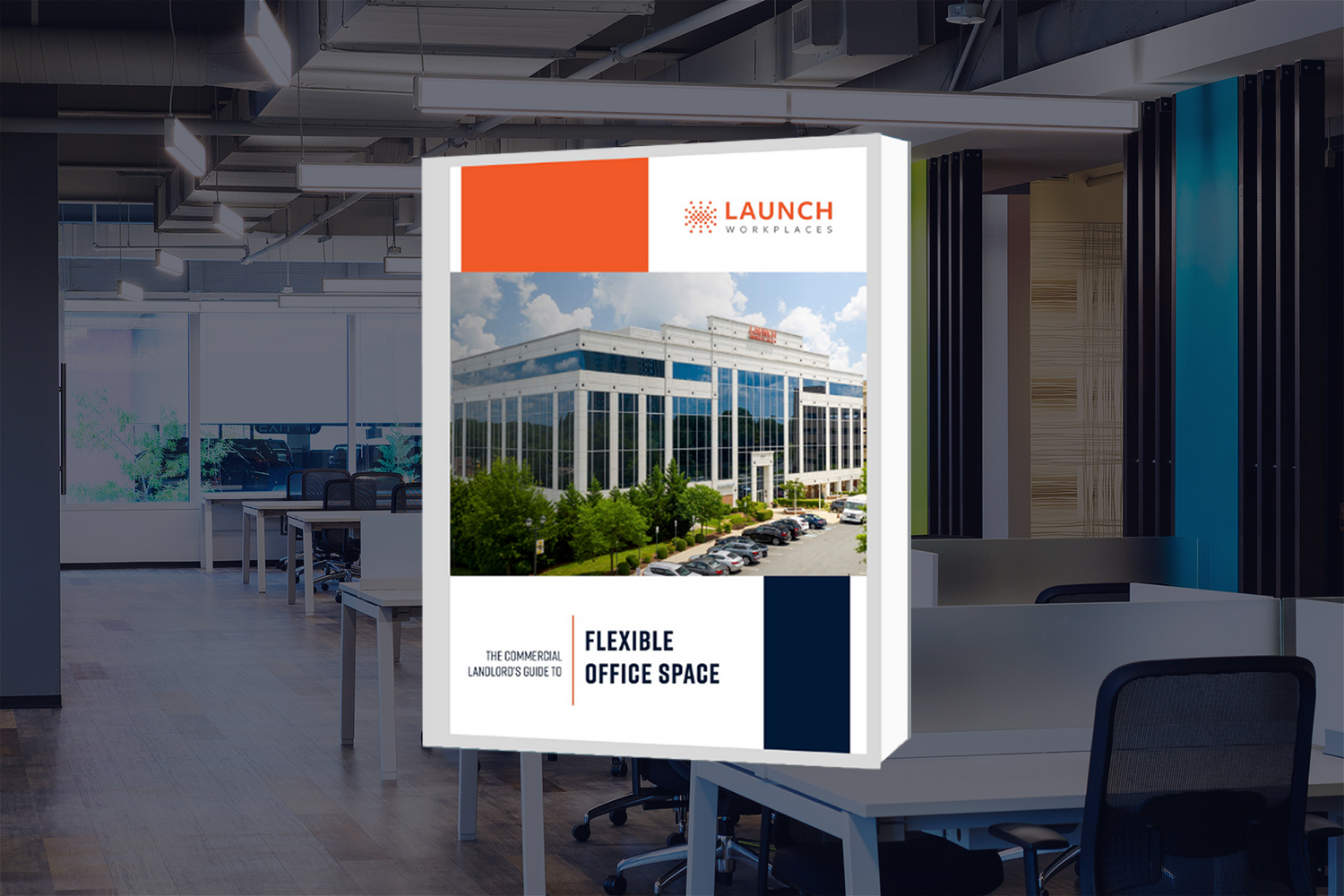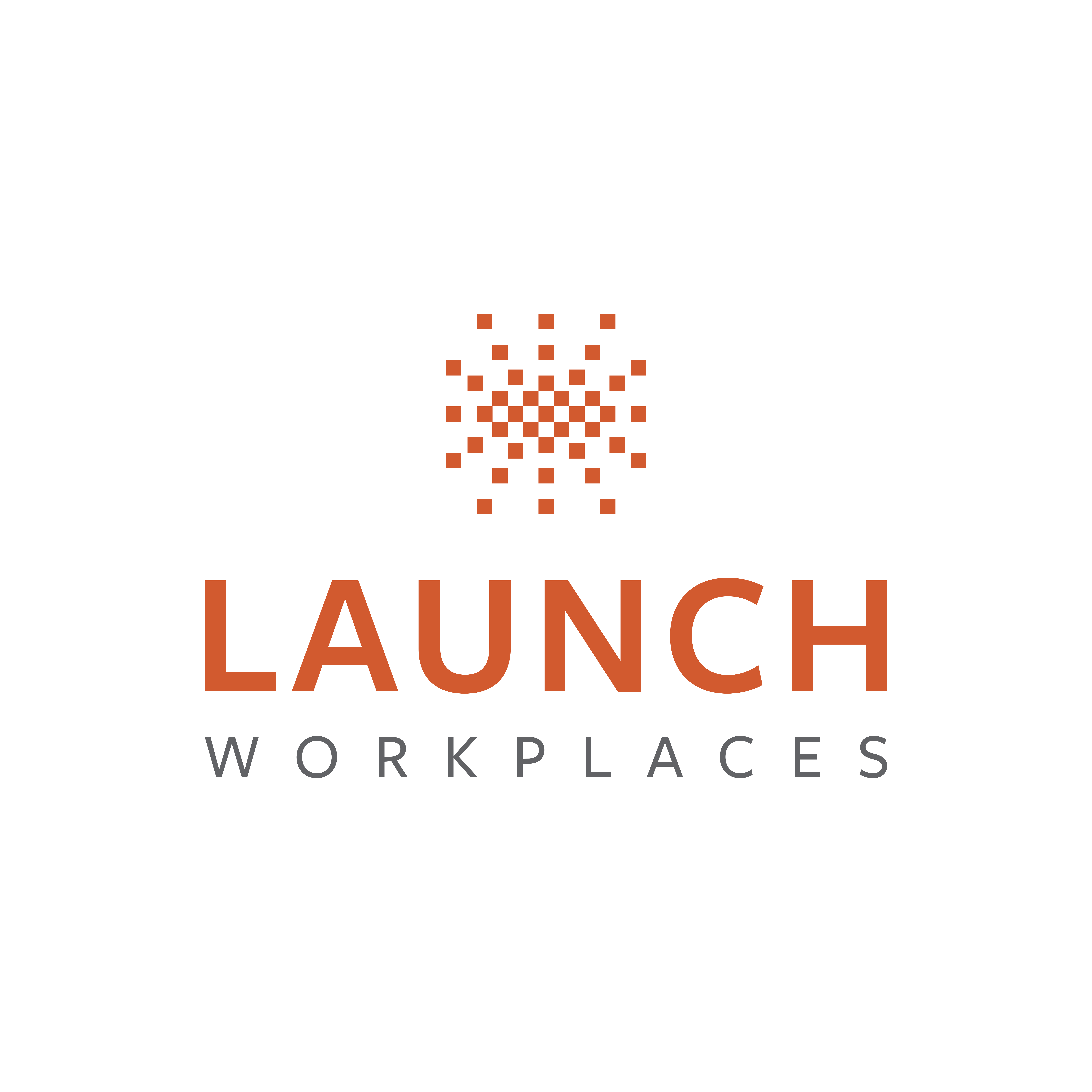At the risk of sounding repetitive, I have to reiterate that a lot of building owners still have their heads in the sand about adopting flexible workspace options.
Don’t get me wrong: you can survive without it. You’re going to be a low B or C building, a commodity, but it doesn’t mean you’re going to go bankrupt.
You’ll still get tenants and scrape by. And if that’s your business philosophy, stop reading.
But if that’s not your goal, then somebody has to ask you one simple question:
Who’s actually crafting the strategy that’s driving these decisions? Is anybody on your team really looking at how to future-proof your building(s), or are you just hoping the old ways don’t fail you?
If you don’t have someone in charge of your building’s future strategy, just hear me out for a minute.
What You Do Now Decides the Long-Term Success of Your Building
As I said before, you can still survive without adopting flexible workspace into your building, but at what cost?
Most will not continue to get the rates or the quality of tenants that you’re used to. And once your building(s) get there, it a long way back.
I see a lot of building owners using a strategy that sounds something like this…
“If I’ve got a B building, I’ve got 10 tenants in it, and only three are renewing in the next three years, I’m safe and I don’t have to do anything.”
Sure, that’s one sort of strategy. But it’s a short-sighted one.
So the next question you need to ask yourself is this:
“Do I take this moment where there’s no urgency and use it to start thinking about what happens after those three years are up? Or do I just put my head back in the sand?”
In my opinion, the smart building owners will opt to start thinking about it now so they don’t find themselves in a tough spot in 36 months.
Who’s Making Your Important Strategic Decisions?
I understand that every building is in its own unique position. Rightfully so, not every building should follow the same exact play book.
But the universal questions you need to be asking are:
- Do you have a portfolio-wide view of how you’re going to handle the return to work?
- What’s your north star?
- Who’s driving strategy discussions in real estate in your company? Do you have someone managing this?
- Who’s at the table for these long-term discussions and decisions?
- Where are you getting news, insights, and influence to influence your decisions?
- Should we plan for the return to work at all or just hope for the best?
Some building owners have people overseeing strategy. But a lot of them have blinders on. And the problem is that it’s the ones who need this strategy most who are most often neglecting it.
There are lots of very sophisticated, forward-thinking companies that own buildings, especially at the institutional level. And they’re already thinking ten steps ahead.
But what about the rest of you?
How to Start Future-Proofing Your Buildings Today
Earlier on, I asked you to think about how you’re getting the information that’s guiding your future strategy decisions:
- Is it an inside team?
- Are you hiring a broker?
- Are you reading periodicals and whitepapers?
- Are you going to events and getting info?
Or are you just speculating?
If you’re just speculating on this, you’re going in blind. Speculation is not a strategy.
And I find it stunning how many buildings still don’t have options for anything other than 10-year deals.
In fairness, some buildings don’t need a strategy for the future. They have a niche with whoever’s in their building and flexibility just isn’t required.
And some have already gotten ahead of it and are strategizing for how to handle the return to work.
But I have to imagine that, once you take that 10% off each end of the bell curve, you’ve still got 80% of buildings that don’t offer flexibility but are going to be a whole lot better off with it than without it.
So, if you want to learn a bit more about our managed model and how it helps future-proof your building, don’t hesitate to get in touch with me today. I’d be happy to talk you through the benefits it can offer you.




